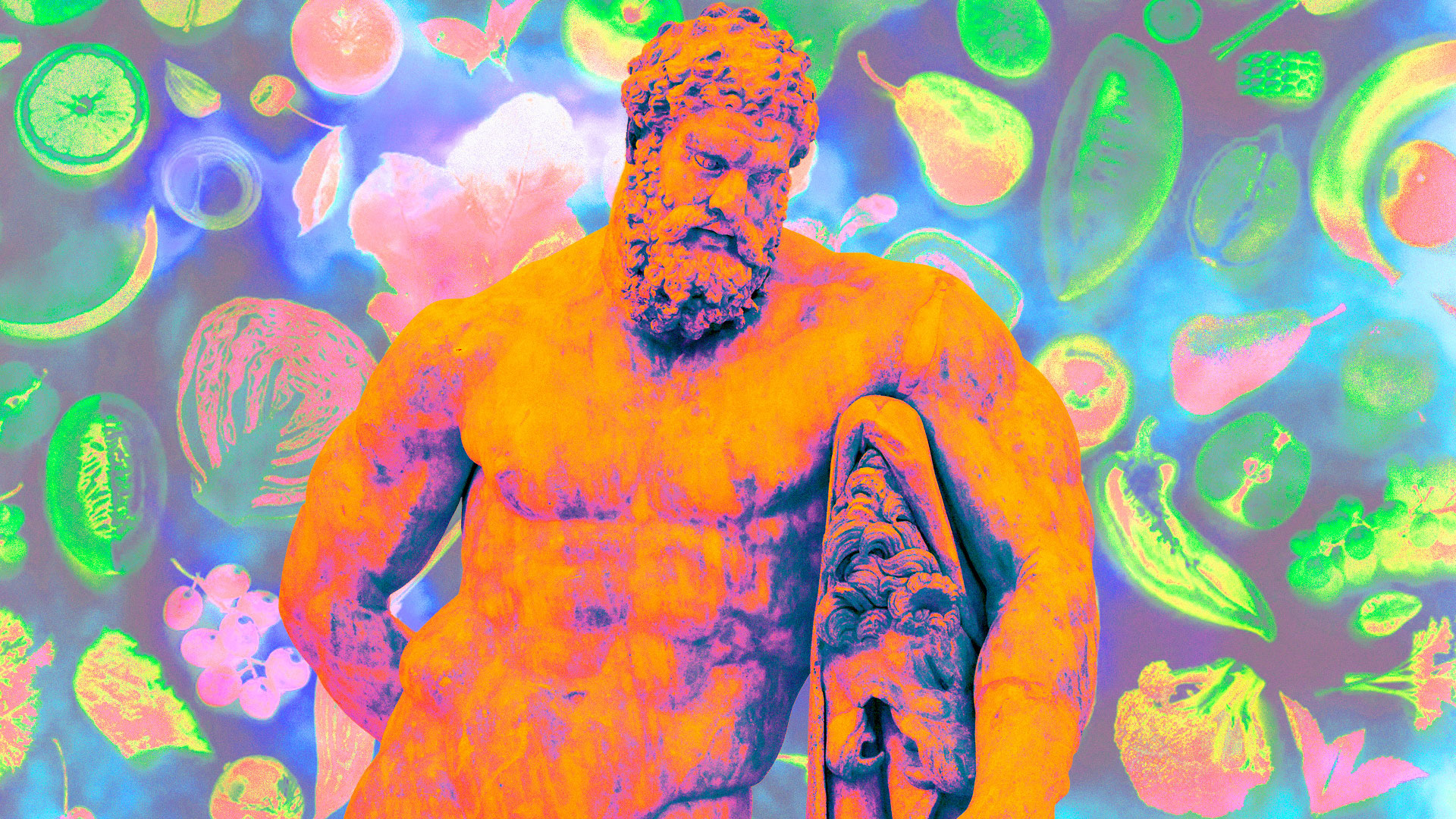Natural Testosterone Booster Foods
34084
Some foods are natural testosterone boosters for people with low testosterone (male hypogonadism). Here are the 9 natural testosterone boosting food.

Some foods are natural testosterone boosters for people with low testosterone (male hypogonadism). Here are the 9 natural testosterone boosting food.
Discreet, professional, and private. PULSE CLINIC cares for your Men's health